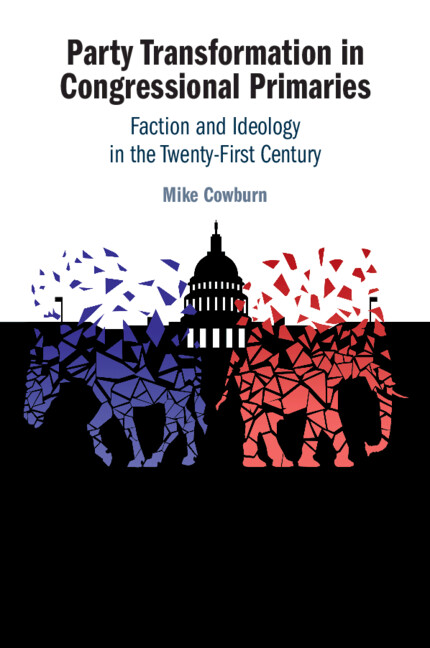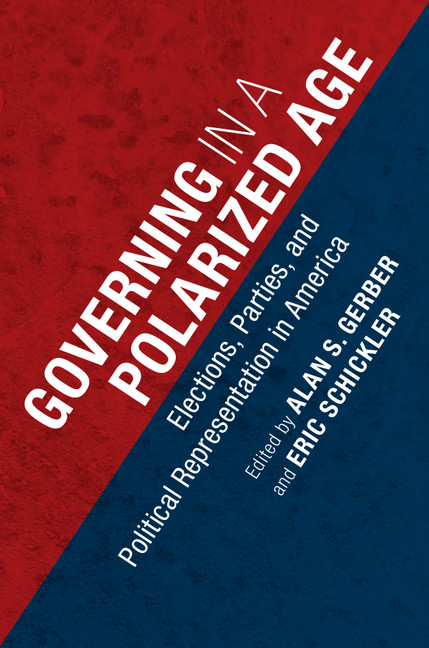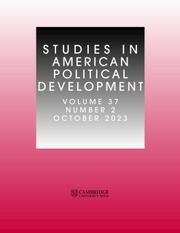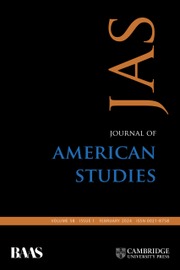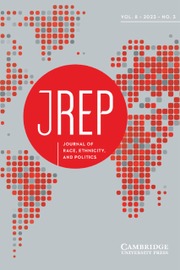Party Transformation in Congressional Primaries
The process through which candidates run for Congress has fundamentally changed in the twenty-first century. These new dynamics of primary competition have contributed to party transformation in Congress. Though many believe that primaries contribute to polarization, this book shows that primary voters do not systematically prefer non-centrist candidates. Instead, primaries contribute to party change by incentivizing candidates to adapt their positions between and within election cycles. Chapters identify influential groups in party networks and candidate misperceptions about primary voter preferences as key drivers of party transformation. These findings help readers to challenge common beliefs about the role of primary voters, understand the institutions, processes, and actors responsible for increasing partisan conflict on Capitol Hill, and reassess the relationship between intra-party factionalism and congressional polarization in the modern era. This book is a must-read for anyone interested in the inner workings of American politics and the forces shaping our democracy today.
- Outlines how the dynamics of primary elections have changed in the twenty-first century
- Corrects scholarly misconceptions and common media narratives about primary voters
- Clarifies how primaries have contributed to asymmetric polarization
Product details
November 2024Adobe eBook Reader
9781009536486
0 pages
This ISBN is for an eBook version which is distributed on our behalf by a third party.
Table of Contents
- 1. Introduction
- Part I. Primary Transformation:
- 2. Ideological & Factional Primaries: The New Dynamics of Congressional Nominations
- 3. Mechanisms: Why Have Primaries Changed?
- Part II. Party Transformation:
- 4. A Most-Likely Case: Factional Primaries in the Tea Party Era
- 5. Selective Effect: Do Non-Centrist Candidates Perform Better in Primaries?
- 6. Between-Election Adaptative Effect: How Do Incumbents Respond?
- 7. Within-Election Adaptative Effect: Do Primaries Induce Artificial Positioning?
- 8. Conclusion: Primaries & Party Transformation.

